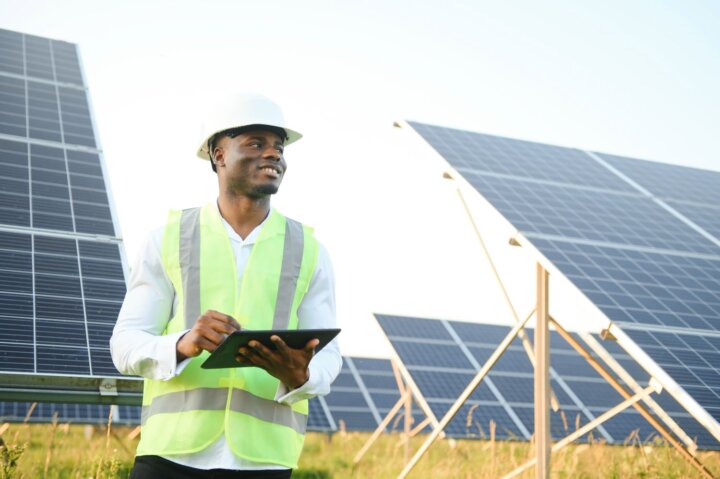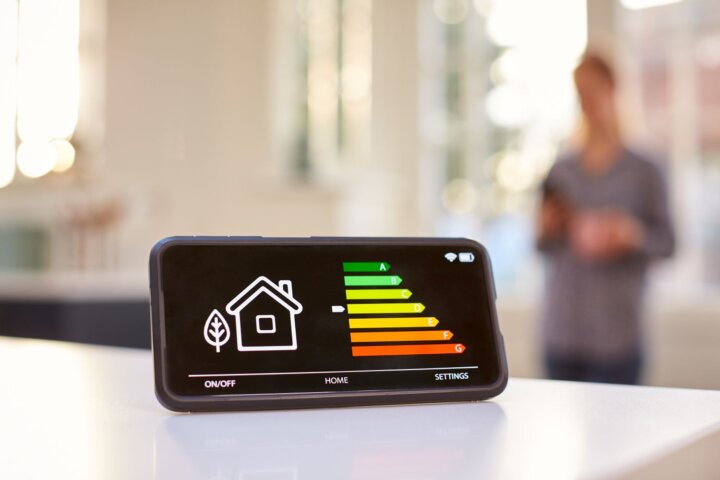As America continues to grow and develop, the demand for energy is increasing at an unprecedented rate. With the rise of technology, urbanization, and population growth, the need for sustainable and efficient energy solutions has never been more critical. Energy efficiency stands out as a key strategy to meet this growing demand while minimizing environmental impact and ensuring economic stability.
The Growing Energy Demand
The United States is one of the largest consumers of energy in the world. According to the U.S. Energy Information Administration (EIA), the country’s energy consumption is projected to increase significantly in the coming decades. This surge is driven by various factors, including the expansion of industries, the proliferation of electronic devices, and the increasing reliance on energy-intensive technologies, including the remarkable growth of the reliance on AI.
The Benefits of Energy Efficiency
- Reducing Energy Consumption: Energy efficiency involves using less energy to perform the same tasks. By implementing energy-efficient technologies and practices, we can significantly reduce overall energy consumption. This reduction not only helps in conserving resources but also decreases the strain on the energy grid.
- Cost Savings: One of the most immediate benefits of energy efficiency is cost savings. For households and businesses alike, energy-efficient appliances and systems can lead to substantial reductions in energy bills. These savings can then be redirected towards other essential needs or investments.
- Environmental Impact: Energy production is a major source of greenhouse gas emissions. By improving energy efficiency, we can reduce the amount of energy needed, thereby lowering emissions and mitigating climate change. This is crucial for meeting national and global environmental goals.
- Energy Security: Reducing energy consumption through efficiency measures can enhance energy security by decreasing dependence on imported fuels. This makes the energy supply more resilient to geopolitical tensions and market fluctuations.
Key Areas for Energy Efficiency
- Buildings: Residential and commercial buildings account for a significant portion of energy use. Implementing energy-efficient building designs, insulation, LED lighting, and HVAC systems can drastically cut energy consumption. HVAC improvements are not limited to full replacement – significant savings can often be made through retrofit commissioning and upgraded controls. ASHRAE Level 1 and Level 2 Energy Audits will reveal site-specific methods and opportunities.
- Transportation: The transportation sector is another major energy consumer. Promoting fuel-efficient vehicles, electric cars, and public transportation can lead to substantial energy savings.
- Industry: Industrial processes are often energy-intensive. Adopting energy-efficient machinery, optimizing production processes, and utilizing waste heat recovery can improve efficiency in this sector.
- Renewable Energy Integration: Combining energy efficiency with renewable energy sources like solar and wind can create a more sustainable and reliable energy system, particularly when complimented with Battery Energy Storage Systems (BESS). Efficient energy use ensures that the energy produced from renewables is maximized and not wasted.
Policy and Innovation
Government policies play a crucial role in promoting energy efficiency. Incentives, regulations, and standards can drive the adoption of energy-efficient technologies. Additionally, innovation in technology and practices continues to open new avenues for improving efficiency. Smart grids, energy management systems, and advancements in materials science are just a few examples of how innovation is pushing the boundaries of what is possible.
Conclusion
Energy efficiency is not just a buzzword; it is a fundamental component of a sustainable energy future. By prioritizing energy efficiency, America can meet its growing energy demand in a way that is economically viable, environmentally responsible, and socially beneficial. As we look to the future, embracing energy efficiency will be key to building a resilient and sustainable energy system for generations to come.
Related Reference articles: https://dailyenergyinsider.com/featured/48661-energy-efficiency-will-play-a-key-role-in-meeting-energy-demands-of-the-future-panel/ published June 18, 2025; Emma Penrod








